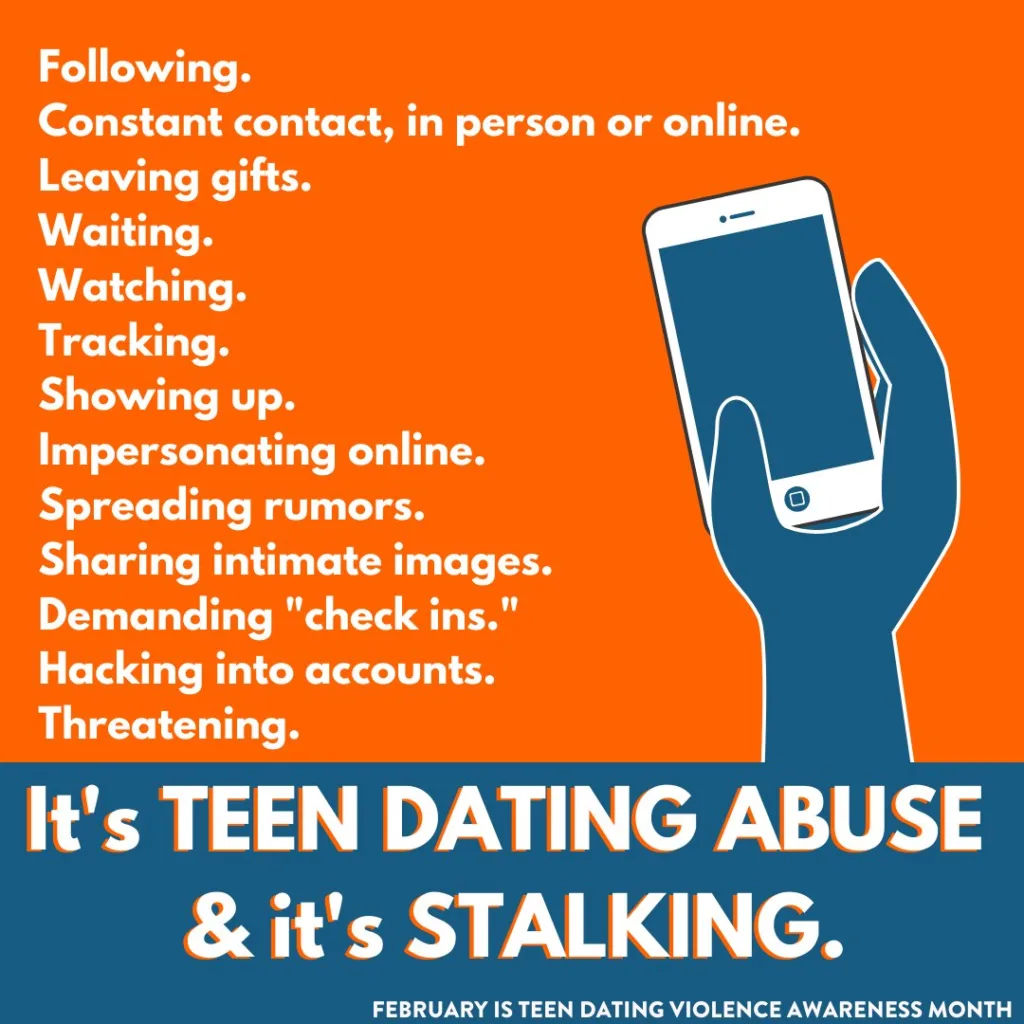
A recent survey conducted by cybersecurity firm Kaspersky sheds light on the alarming prevalence of digital abuse among online daters, particularly in Malaysia.
The study, which encompassed 21,000 individuals globally, with a specific focus on 1,000 respondents from Malaysia, exposes startling statistics concerning the extent of digital stalking and privacy breaches within the realm of online dating.
Acceptance Of Digital Snooping
The survey reveals that a significant portion of respondents from Malaysia, approximately 47%, consider Googling or checking social media accounts of a person they are dating as a form of due diligence, with 42% admitting to doing so themselves when initiating a new relationship.
High Incidence Of Online Stalking

Image via Malaya Business Insight
Alarmingly, nearly half (46%) of Malaysian respondents disclosed experiencing some form of online stalking from individuals they were newly dating. Such behavior underscores the pervasive threat of digital intrusion in personal relationships.
A concerning trend emerges as 56% of respondents express willingness to share passwords, potentially compromising their privacy and security, allowing access to their location.
Kaspersky provides practical tips for individuals to safeguard themselves while navigating the complexities of online dating. Recommendations include password protection, digital privacy checks, cautious sharing of information, and the formulation of a safety plan when transitioning from virtual to real-world interactions.
Implications & Concerns

Image via @followuslegally
Despite a growing awareness of online stalking and digital privacy risks, a significant portion of respondents remains vulnerable. The study highlights various forms of abuse experienced by Malaysian respondents, including unwanted communication, unauthorized recording, location tracking, hacking of social media accounts, and the covert installation of stalkerware.
Experts emphasize the importance of implementing robust verification processes in online dating platforms to enhance user safety. Additionally, users are urged to prioritize digital privacy, employ strong passwords, and exercise caution when sharing personal information online.
Notably, female respondents and individuals in long-term relationships appear to be more susceptible to digital abuse, with a higher proportion reporting instances of violence or harassment. Such findings underscore the need for targeted interventions and support mechanisms for vulnerable demographics.
In response to the rising threat of digital stalking, Malaysia has implemented anti-stalking laws and provisions for protection orders. However, concerted efforts from both public and private sectors are necessary to combat this pervasive issue effectively.
Collaborative Efforts & Resources
Kaspersky collaborates with experts and organizations worldwide to address domestic violence and combat stalkerware. Initiatives such as the Coalition Against Stalkerware and the EU-funded project DeStalk underscore the collective commitment to safeguarding individuals from digital abuse.
In conclusion, the findings of the survey underscore the urgent need for comprehensive measures to address digital stalking and protect online daters from privacy breaches and harassment. By fostering collaboration among stakeholders and promoting user education and awareness, we can strive towards a safer digital landscape for all.










